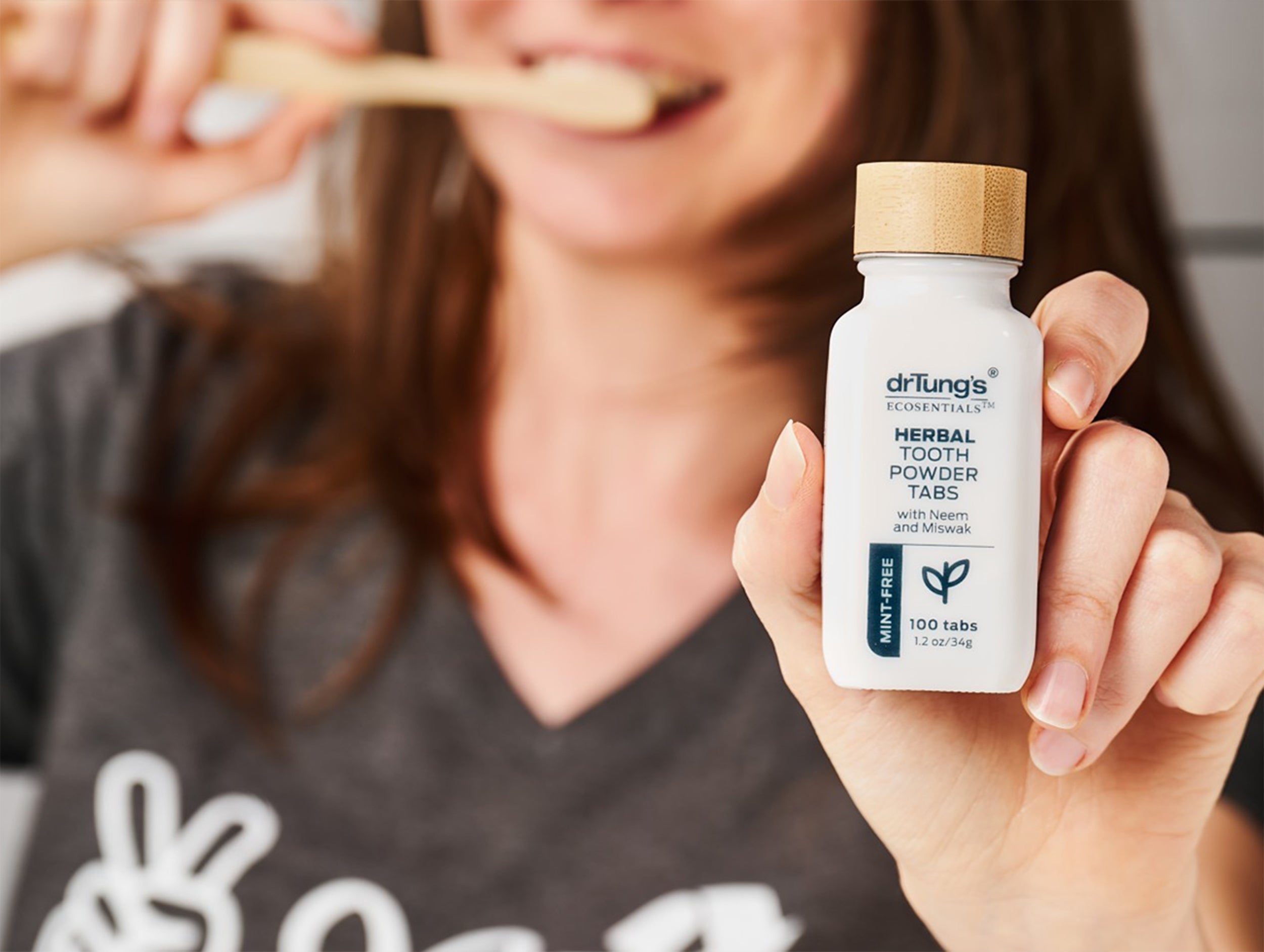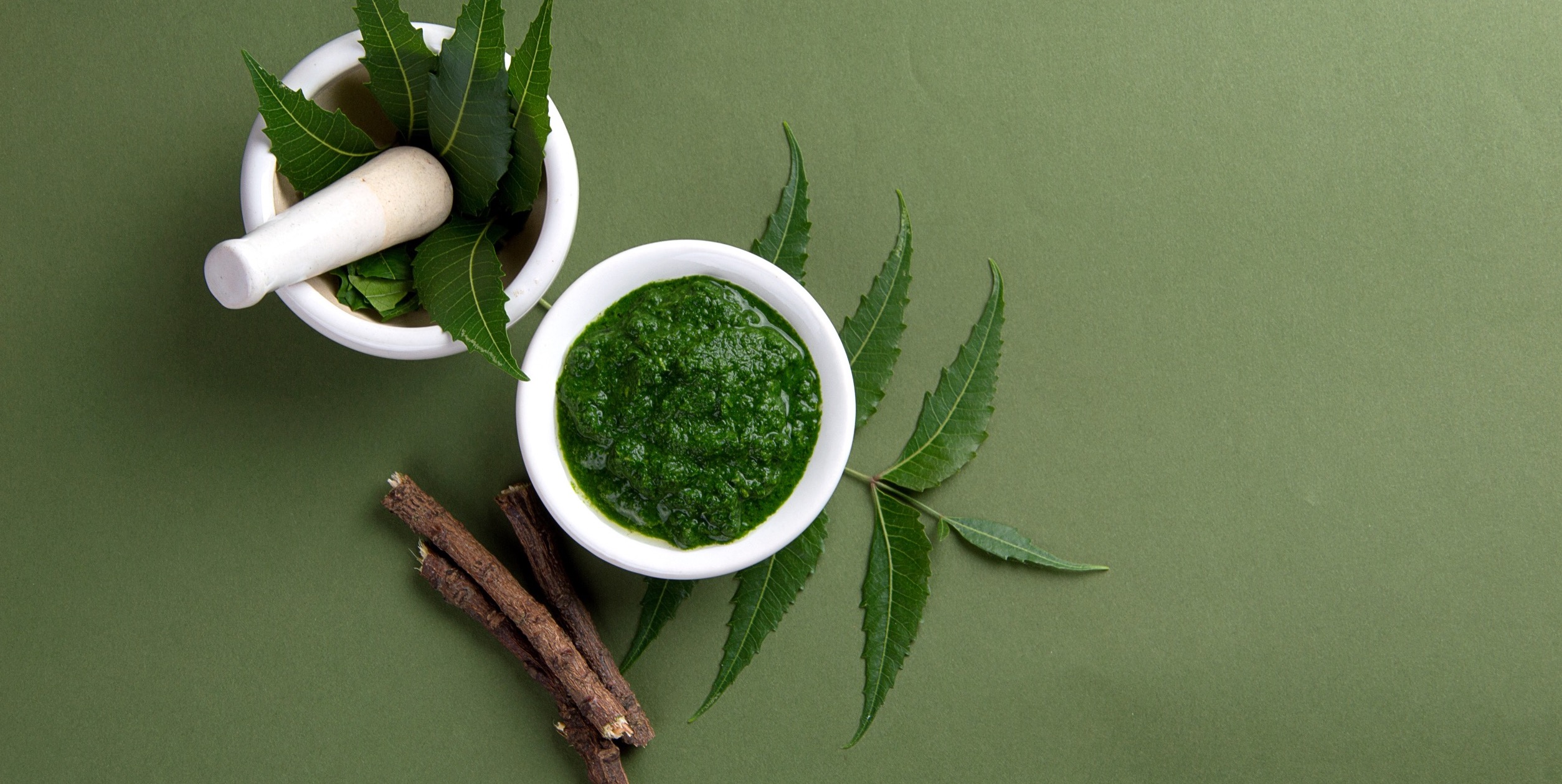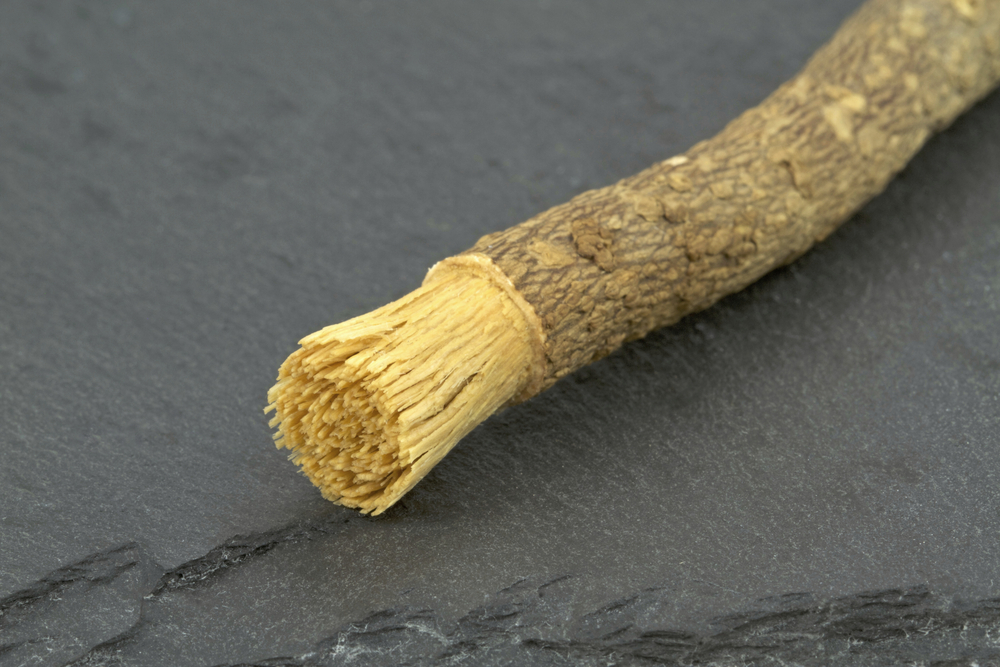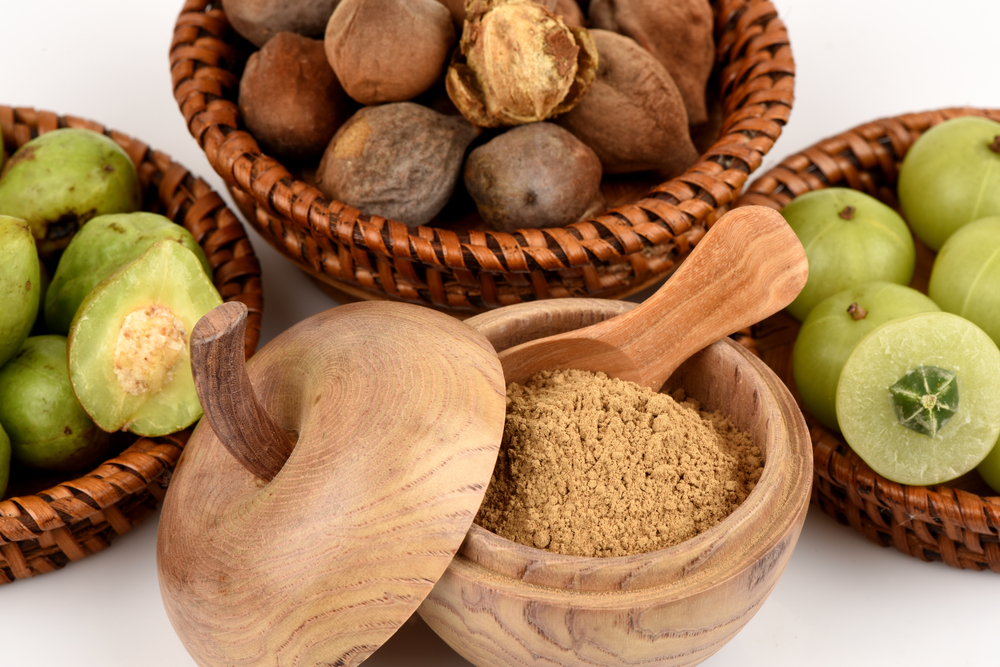DrTung’s was born of Ayurvedic traditions, and nearly 3 decades later, this ancient medicinal practice still guides everything we do!
Our Herbal Toothpowder Tabs are no different, and they’re a great Ayurvedic toothpaste option for those looking for extra cleaning power (without the nasties).
These fluoride-free and all-natural tablets are plant powered, harnessing the incredible healing powers of 3 Ayurvedic herbs.
In this article, we’re going to highlight three healing herbs that are helping to keep your teeth cavity free. But before we dive in, let's look at the history of Ayurveda.
History of Ayurvedic oral care
Ayurveda is a traditional school of medicine that’s been practiced for millennia. It started in ancient India over 3000 years ago. This ancient practice has continued and is used extensively by millions.
According to Ayurvedic traditions, good health is a result of the mind, body, and spirit being aligned. If there is an imbalance between them, it can result in poor health.
People have been practicing Ayurveda for hundreds of years, but the Western world’s adoption has been slow. The Western world is finally coming around, and there is exciting scientific research supporting Ayurvedic oral care practices.
Tongue scraping: Regularly cleaning the tongue with a tongue scraper helps remove toxins from the body as well as keeping your mouth clean. Dentists have regularly recommend tongue cleaning to their patients to keep plaque away but a recent resurgence of tongue scraping on TikTok is bringing new attention to its effectiveness and importance.
Oil pulling: Oil pulling is another ancient Ayurvedic practice that still lives on today. Swishing oil in the mouth for 20 minutes helps remove toxins, strengthens teeth and gums, and helps keep bacteria in your mouth at bay. There is some scientific research that says that oil hinders bacterial growth and endorsements from celebrities are helping raise awareness and bring this practice into mainstream.
Healing herbs: Ayurveda is based around herbs found in nature and it was common to prescribe medicinal herbs to treat everyday ailments like stomach pain, sore joints, indigestion, and headaches. Today traditional Ayurvedic herbs have gained a resurgence, and ashwagandha, moringa, turmeric, and cardamom are now available in many local health and drug stores. Turmeric for example, is available in capsules, teas, powders to blend with smoothies, etc.
Some of these powerful, medicinal, Ayurvedic herbs are particularly beneficial for your teeth — they feature antibacterial, antifungal, anti-inflammatory, and antioxidant properties.
The 3 Ayurvedic Herbs Keeping Your Teeth Strong
Here are the 3 Ayurvedic herbs carefully chosen for our Herbal Toothpowder Tabs.
Neem
Neem is quite the powerful herb with a very wide-range of uses — an oral dentifrice; a traditional medicine to treat malaria, diabetes, worms, and cardiovascular and skin diseases; and even insecticide and insect repellent.
The neem tree is a squat, leafy tree that’s native to India. It looks similar to an olive tree, producing a pale green fruit and fern-like leaves. Almost every part of the neem tree — stem, root bark, fruits and leaves — has beneficial healing properties and is used in traditional medicine.
Our toothpowder tabs contain powdered neem leaf. Thanks to its naturally antibacterial properties, it promotes fresh breath, helps balance the pH level in the saliva and protects against decay. The antiseptic properties also help heal wounds in the mouth.
Miswak
Miswak twigs are little thin twigs with a smooth outer bark and a fibrous interior. To cut open into the center of a miswak branch would reveal a stringy, brush-like inner flesh. This flesh is commonly used to brush the teeth, and also as a chewing stick to physically remove plaque from the teeth.
Miswak twigs come from the Salvadora Persica tree, also known as the Peelu tree. This tree is native to the Middle East, Africa, and India. It’s known as the “toothbrush tree” for its popular use in tooth brushing. Chewing miswak twigs acts as a mild abrasive, physically removing plaque.
The miswak in our toothpowder tabs physically polishes the teeth while protecting against tartar and plaque, fighting bad breath, and protecting and strengthening gums. It’s also a natural analgesic (pain reducer).
Triphala
Triphala is a blend of three dried fruits — Amalaki, Haritaki and Bibhitaki — known for their medicinal properties. It's traditionally used as a natural treatment of infections, gastrointestinal issues, inflammation, high cholesterol, immune system malfunction and even cancer. In India it's considered one of the greatest and most versatile of all herbal formulations.
Triphala benefits dental health by protecting against dental disease and cavities. Its antimicrobial and anti-inflammatory properties help prevent plaque formation, a common cause of cavities and gingivitis (gum inflammation).
How do I know it’s Ayurvedic?
We actually worked with an Ayurvedic physician, educator, and author to help us produce our toothpowder tabs.
Dr. Suhas Kshirsagar helped oversee the entire production of our toothpowder tabs from conception to completion. He advised us on the best Ayurvedic herbs for oral care.
We used what we have learned about Ayurvedic herbs over the years and included that knowledge when creating our Herbal Toothpowder Tabs.
Why Toothpowder?
Toothpastes require water, preservatives and other binding agents, which are often not so good for you or the environment. On the other hand, toothpowders — if formulated by experts — can be made with all natural ingredients, and without harsh chemicals, artificial flavors and fragrances, or SLS.
We call our carefully crafted tabs “toothpowder tabs” because they are easier to use than toothpowder, and to differentiate them from toothpaste or even so-called toothpaste tabs.
The Takeaway
In Ayurveda, protecting and balancing the oral microbiome is key. Keeping friendly microbes in the mouth promotes healthy saliva production. Healthy saliva deals with a whole list of oral issues, like bad breath, tooth decay, and gum disease.
Unfortunately, harsh chemicals found in regular toothpaste throw off the oral microbiome, inhibiting your mouth from regulating itself.
Choosing Ayurvedic toothpaste is a great way to heal your oral microbiome and avoid all the common harsh, drying additives found in regular toothpaste.
There is a growing market for natural toothpaste without fluoride and for natural tooth powders. Though chemicals have some effectiveness, they also pose health risks. It’s perfectly understandable to be wary of harsh chemicals, especially when you’re putting them in your mouth!
Whether you’re on a strict Ayurvedic regime or you’re looking for a toothpaste option to complement your holistic routine, Ayurvedic toothpaste is for you.
Looking for an Ayurvedic toothpaste option for your holistic oral care routine? Shop our Herbal Toothpowder Tabs now!








